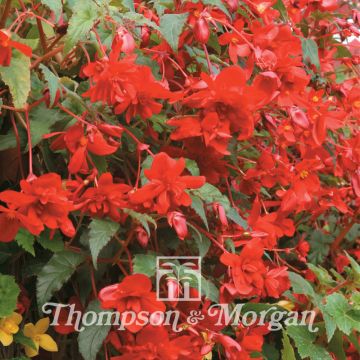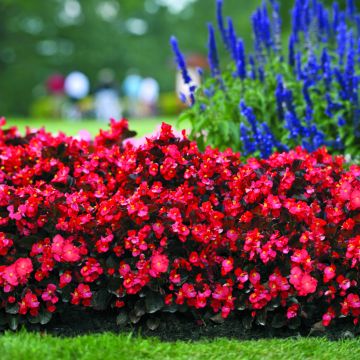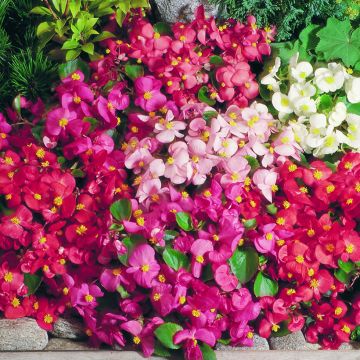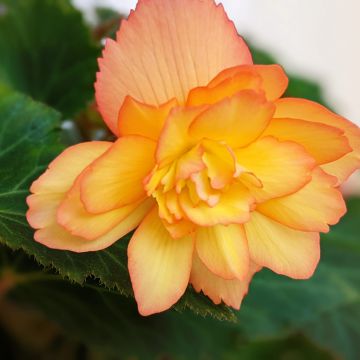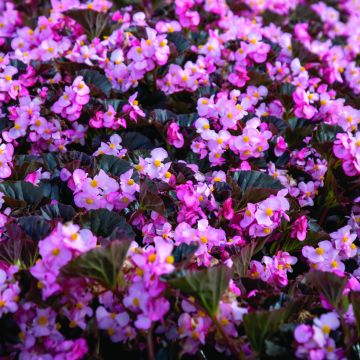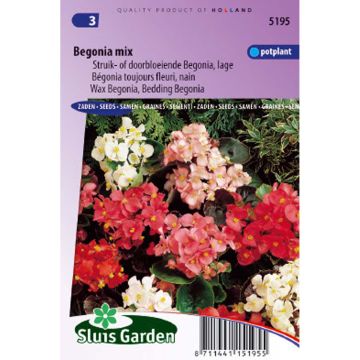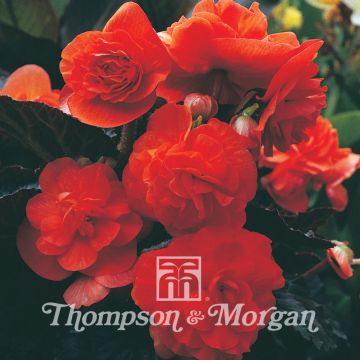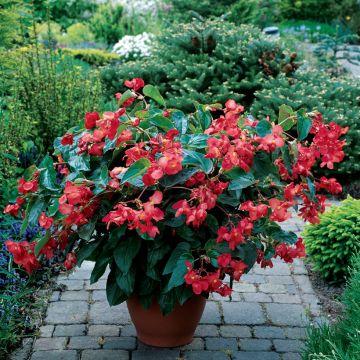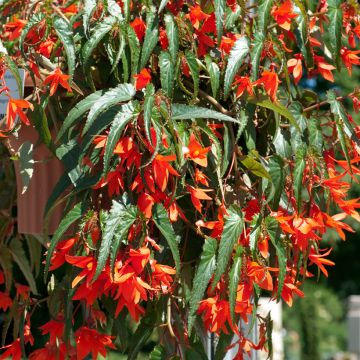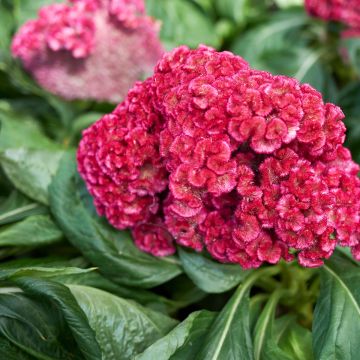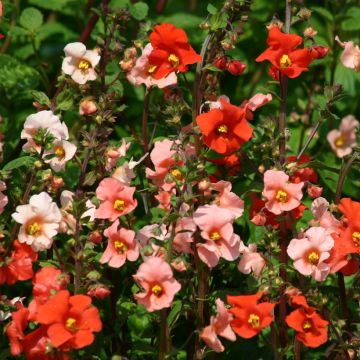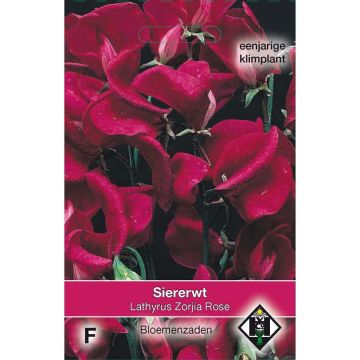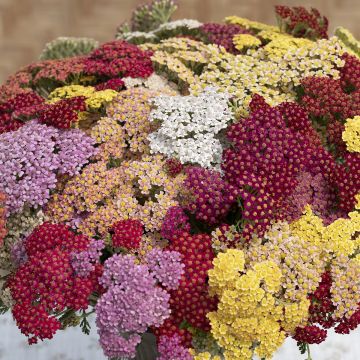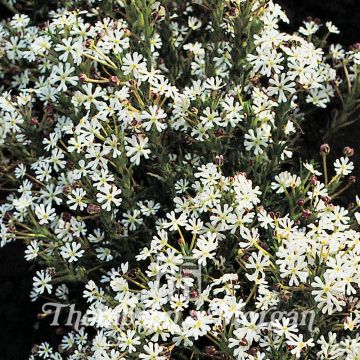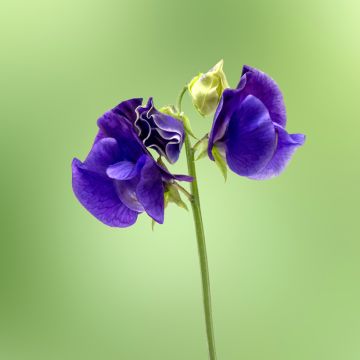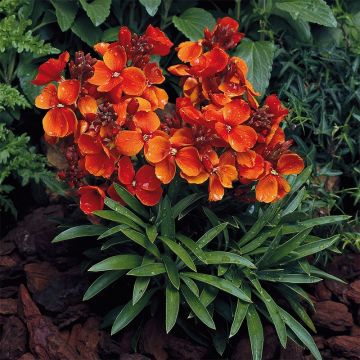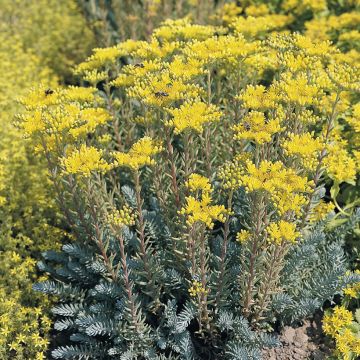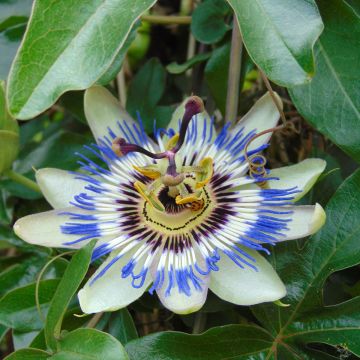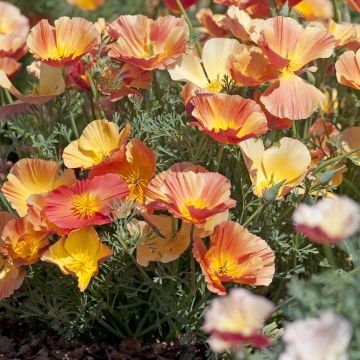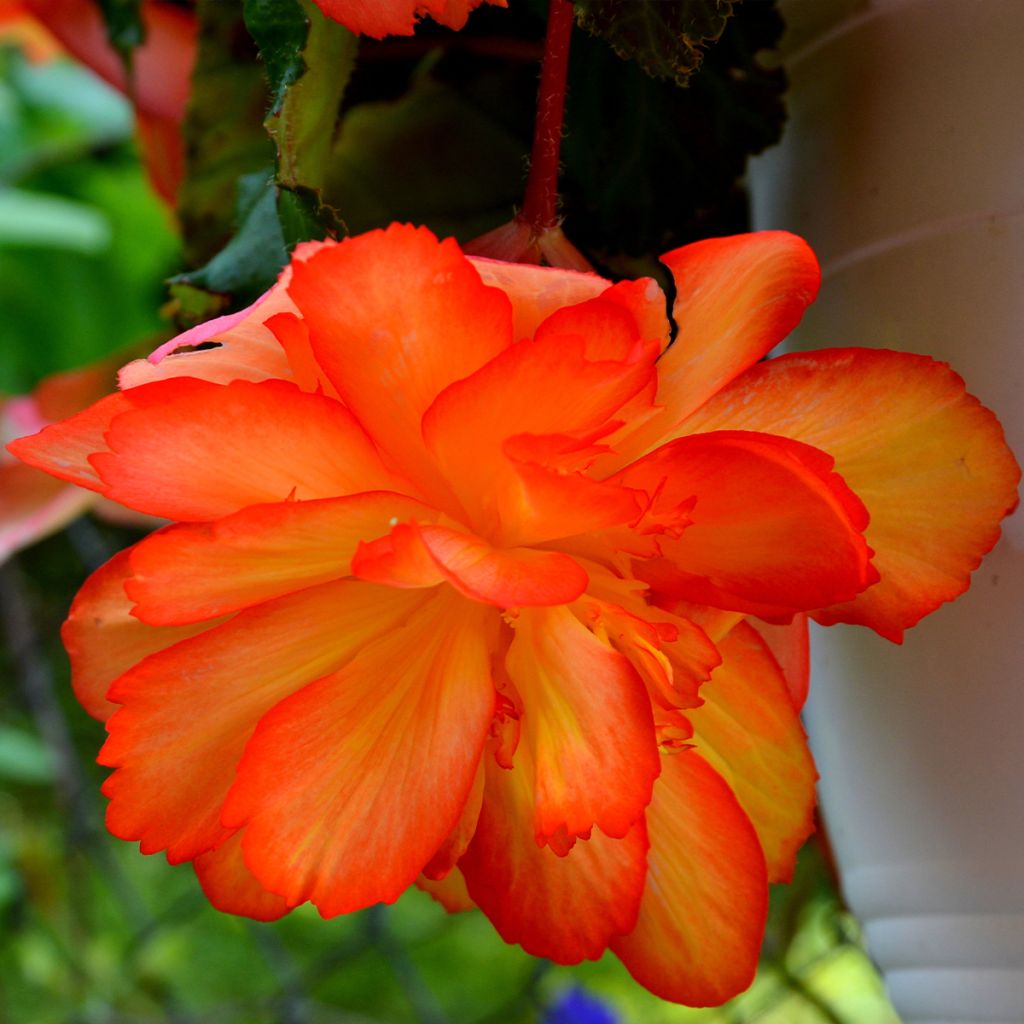

Begonia x tuberhybrida Non-Stop Orange F1
Begonia x tuberhybrida Non-Stop Orange F1
Begonia x tuberhybrida Non-Stop ® Orange F1
Begonia, Tuberous Begonia
This item cannot be shipped to the selected country
Dispatch by letter from €3.90
More information
Schedule delivery date,
and select date in basket
This plant carries a 6 months recovery warranty
More information
We guarantee the quality of our plants for a full growing cycle, and will replace at our expense any plant that fails to recover under normal climatic and planting conditions.
Seed-only orders are dispatched by sealed envelope. The delivery charge for seed-only orders is €3.90.
Does this plant fit my garden?
Set up your Plantfit profile →
Description
Begonia tuberhybrida Non-Stop Orange F1 is a variety known for its compact, well-branched habit and long flowering period of large and beautiful bright orange flowers, in perfect contrast with its vibrant green foliage. Healthy and continuous, the flowering extends from June until the first frosts. Thanks to its double flowers with strong petals, this variety is resistant to rain. It is perfectly suited for container gardening to enhance a patio or balcony, or in the ground to decorate a flower bed. Despite their robustness, these begonias require specific conditions: a shaded location, away from strong winds and intense sunlight. With a little attention and care, these begonias will grace your partially sunny spaces with their beauty.
Begonia x tuberhybrida, better known as the tuberous begonia, is a flowering plant native to the Andean regions of Peru, Ecuador, and Bolivia. It belongs to the Begoniaceae family. It is a hybrid, resulting from complex cross-breeding between some South American species such as Begonia boliviensis or Begonia davisii. Originally, Begonias thrive in a damp and shaded environment, protected from direct sunlight.
The Non-Stop Orange F1 variety has the advantage of thriving both in full sun and in a shaded area. It forms a plant characterised by a flattened tuber, 4 to 10 cm (2 to 4in) wide, which is in vegetative rest from October to March-April, and in growth from April to October. In spring, new stems emerge from the upper part of the tuber, quickly producing leaves and flowers. This upright and bushy hybrid measures 35cm (14in) in height and spread. The leaves are asymmetrical, dentate, with a satin dark green colour that reveals the pattern of the veins. The hairy, reddish stems contribute to the decorative beauty of the foliage. From June to October, an abundant flowering covers a large part of the foliage. The flowers are large solitary rosettes, double or semi-double, measuring 9 to 11 cm (4in) in diameter.
The tuberous begonia requires a temperature between 10 and 25°C to develop properly. It is recommended to plant it in rich, slightly moist soil and to protect it from excessive heat. A semi-shaded exposure in the morning or evening is recommended. In early spring, when nights are cool, it is preferable to cultivate it indoors four to eight weeks before moving it outside around May-June, when nighttime temperatures are above 10°C. Once established outdoors, it will bloom all summer if regularly watered. In late autumn, the clumps should be lifted or the pots brought inside, allowing the foliage to dry before extracting the tubers from the soil, brushing them off, and storing them in a dry place until the following spring.
With its dense and compact habit, the Non-Stop Orange Begonia is an excellent plant for group planting, pots on the patio, and window boxes. It can also be grown as an indoor or conservatory plant. For an added touch of charm, the flower heads can even be cut and floated in bowls of water. The flowers are edible, but should not be consumed in quantities exceeding two per day. Remember to remove faded flowers to stimulate further blooming.
Report an error about the product description
Flowering
Foliage
Plant habit
Botanical data
Begonia
x tuberhybrida
Non-Stop ® Orange F1
Begoniaceae
Begonia, Tuberous Begonia
Cultivar or hybrid
Other Begonia seeds
Planting and care
Attention: The seed of Begonia is very fine, delicately open the packet on two sides using a pair of scissors.
Sow Begonia Non-Stop Orange F1 in February in a seed tray. Use a good quality compost mixed with 1/3 river sand; a mixture that you will sieve on the surface to bind the seed to its substrate. Before sowing, lightly press the substrate with a plank and moisten it slightly, preferably by immersing the base of the seed tray in a water tray so that the water rises by capillary action. Sow your seeds delicately. Do not cover the seeds. Place your seed tray in light, without direct sunlight, at a temperature of 25°C (77°F) to 27°C (80.6°F).
The germination of the seeds will take from 15 to 60 days. As soon as the plants are manageable, transplant them into 7 cm (3in) pots. Keep the soil moist, but not excessively during growth; water with a very fine spray or with a small hand sprayer. As soon as the plants are strong enough, transplant them into 15 cm (6in) diameter pots or directly into your flower boxes, which you will always keep warm (20-24°C (68-75.2°F)). Finally, 15 days before their final placement, start gradually acclimatising them to a temperature of 15°C (59°F).
By the end of May or early June, the temperature in the garden will be warm enough to plant your young plants. Choose a shady or sunny location. In flower beds, add a good shovelful of compost to each planting hole. Space your plants at least 20 to 30 cm (8 to 12in) apart.
Regularly remove faded flowers to maintain their beauty and promote renewal.
In autumn, bring the pots indoors and let the foliage dry before extracting the tubers from the soil, brushing them off, and storing them in a dry place until the following spring when they can be replanted in pots.
Sowing period
Intended location
This item has not been reviewed yet - be the first to leave a review about it.
Flower seeds
Haven't found what you were looking for?
Hardiness is the lowest winter temperature a plant can endure without suffering serious damage or even dying. However, hardiness is affected by location (a sheltered area, such as a patio), protection (winter cover) and soil type (hardiness is improved by well-drained soil).

Photo Sharing Terms & Conditions
In order to encourage gardeners to interact and share their experiences, Promesse de fleurs offers various media enabling content to be uploaded onto its Site - in particular via the ‘Photo sharing’ module.
The User agrees to refrain from:
- Posting any content that is illegal, prejudicial, insulting, racist, inciteful to hatred, revisionist, contrary to public decency, that infringes on privacy or on the privacy rights of third parties, in particular the publicity rights of persons and goods, intellectual property rights, or the right to privacy.
- Submitting content on behalf of a third party;
- Impersonate the identity of a third party and/or publish any personal information about a third party;
In general, the User undertakes to refrain from any unethical behaviour.
All Content (in particular text, comments, files, images, photos, videos, creative works, etc.), which may be subject to property or intellectual property rights, image or other private rights, shall remain the property of the User, subject to the limited rights granted by the terms of the licence granted by Promesse de fleurs as stated below. Users are at liberty to publish or not to publish such Content on the Site, notably via the ‘Photo Sharing’ facility, and accept that this Content shall be made public and freely accessible, notably on the Internet.
Users further acknowledge, undertake to have ,and guarantee that they hold all necessary rights and permissions to publish such material on the Site, in particular with regard to the legislation in force pertaining to any privacy, property, intellectual property, image, or contractual rights, or rights of any other nature. By publishing such Content on the Site, Users acknowledge accepting full liability as publishers of the Content within the meaning of the law, and grant Promesse de fleurs, free of charge, an inclusive, worldwide licence for the said Content for the entire duration of its publication, including all reproduction, representation, up/downloading, displaying, performing, transmission, and storage rights.
Users also grant permission for their name to be linked to the Content and accept that this link may not always be made available.
By engaging in posting material, Users consent to their Content becoming automatically accessible on the Internet, in particular on other sites and/or blogs and/or web pages of the Promesse de fleurs site, including in particular social pages and the Promesse de fleurs catalogue.
Users may secure the removal of entrusted content free of charge by issuing a simple request via our contact form.
The flowering period indicated on our website applies to countries and regions located in USDA zone 8 (France, the United Kingdom, Ireland, the Netherlands, etc.)
It will vary according to where you live:
- In zones 9 to 10 (Italy, Spain, Greece, etc.), flowering will occur about 2 to 4 weeks earlier.
- In zones 6 to 7 (Germany, Poland, Slovenia, and lower mountainous regions), flowering will be delayed by 2 to 3 weeks.
- In zone 5 (Central Europe, Scandinavia), blooming will be delayed by 3 to 5 weeks.
In temperate climates, pruning of spring-flowering shrubs (forsythia, spireas, etc.) should be done just after flowering.
Pruning of summer-flowering shrubs (Indian Lilac, Perovskia, etc.) can be done in winter or spring.
In cold regions as well as with frost-sensitive plants, avoid pruning too early when severe frosts may still occur.
The planting period indicated on our website applies to countries and regions located in USDA zone 8 (France, United Kingdom, Ireland, Netherlands).
It will vary according to where you live:
- In Mediterranean zones (Marseille, Madrid, Milan, etc.), autumn and winter are the best planting periods.
- In continental zones (Strasbourg, Munich, Vienna, etc.), delay planting by 2 to 3 weeks in spring and bring it forward by 2 to 4 weeks in autumn.
- In mountainous regions (the Alps, Pyrenees, Carpathians, etc.), it is best to plant in late spring (May-June) or late summer (August-September).
The harvesting period indicated on our website applies to countries and regions in USDA zone 8 (France, England, Ireland, the Netherlands).
In colder areas (Scandinavia, Poland, Austria...) fruit and vegetable harvests are likely to be delayed by 3-4 weeks.
In warmer areas (Italy, Spain, Greece, etc.), harvesting will probably take place earlier, depending on weather conditions.
The sowing periods indicated on our website apply to countries and regions within USDA Zone 8 (France, UK, Ireland, Netherlands).
In colder areas (Scandinavia, Poland, Austria...), delay any outdoor sowing by 3-4 weeks, or sow under glass.
In warmer climes (Italy, Spain, Greece, etc.), bring outdoor sowing forward by a few weeks.

































